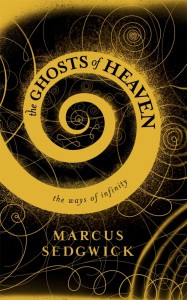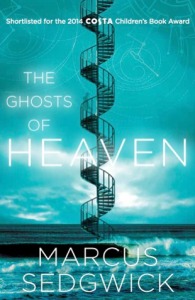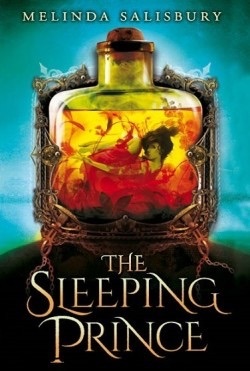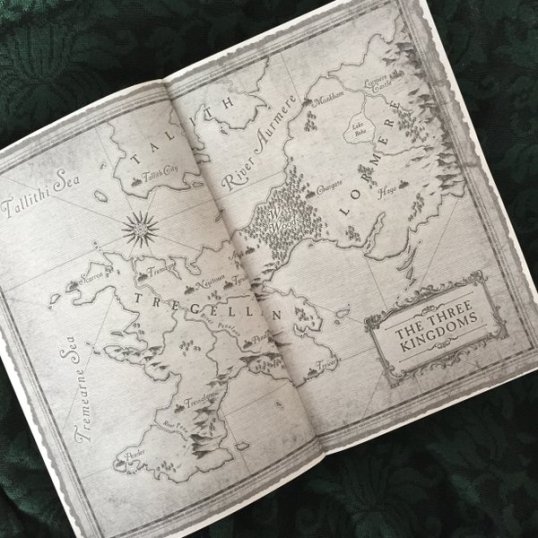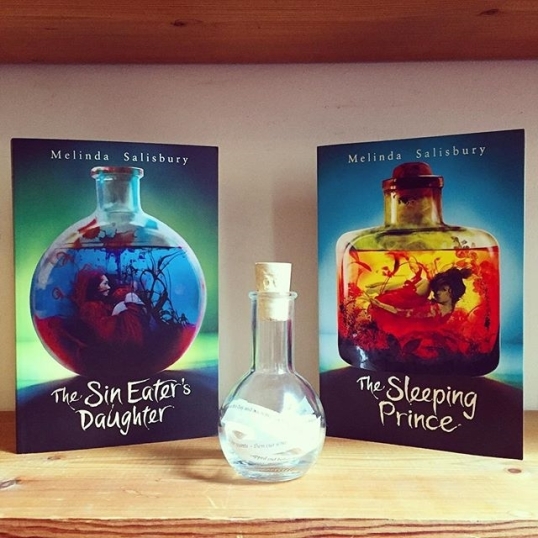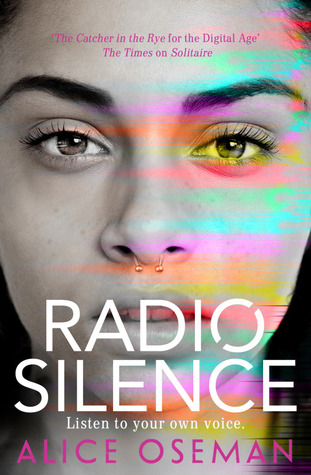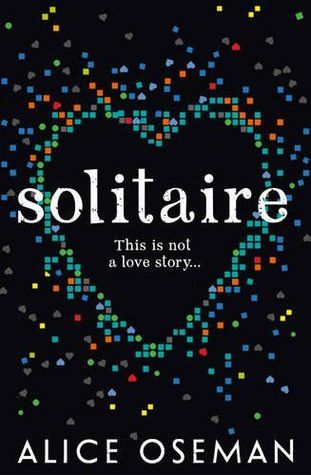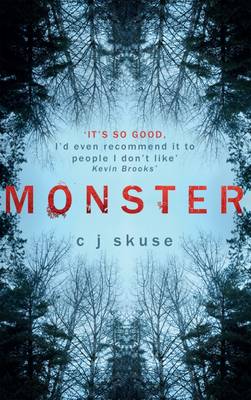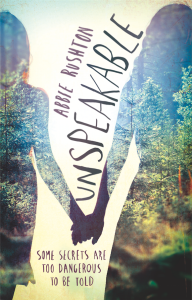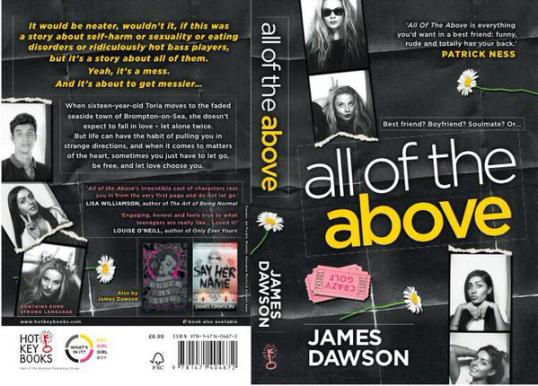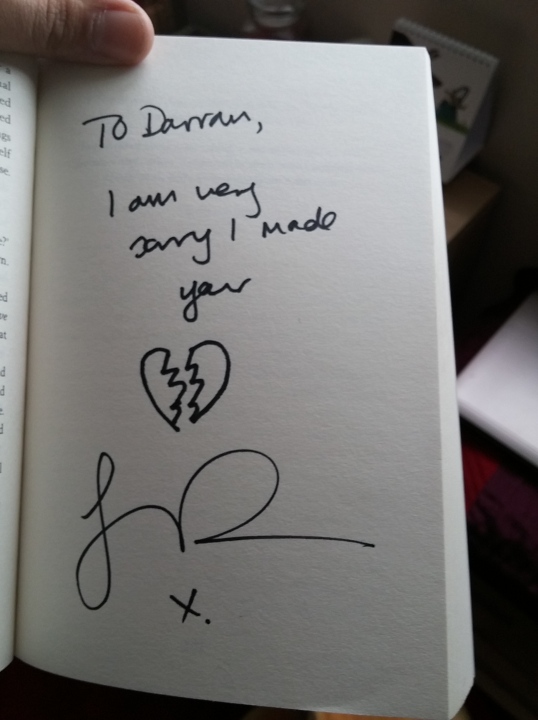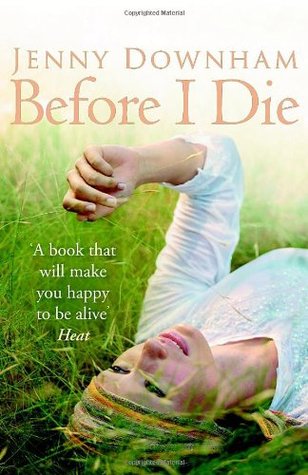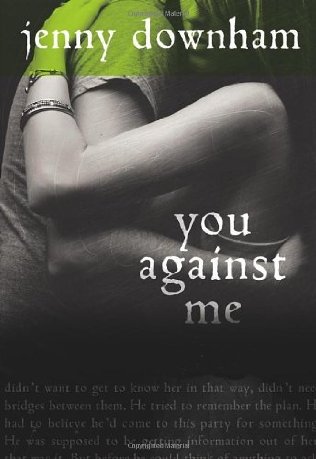I’m pretty sure when I did my top ten round up last year, I said something along the lines of “Wow, what an outstanding year it’s been for YA & Books in general” but THIS YEAR BEAT THE PANTS OF IT. Seriously, 2015 has seen the publication of some of the most challenging, powerful and evocative novels for Young Adults that have ever been available. The level of diversity, LBQT+ inclusivity and Mental Health awareness is beyond anything it’s ever been in previous years – and while we still have a long way to go, it makes my heart sing to see the dedication of authors, publishers, readers, bloggers and the whole community to actively shout about diversity and to demand better representation in the books they read. The UKYA community is going from strength to strength too, becoming a glowing warm beacon of passion and friendship across the internet that I always feel privileged to be a part of. OKAY, enough of me doing all this gushing – in no particular order, here’s a list of ten of my FAVOURITEST READS from this year!
The Lost and The Found by Cat Clarke
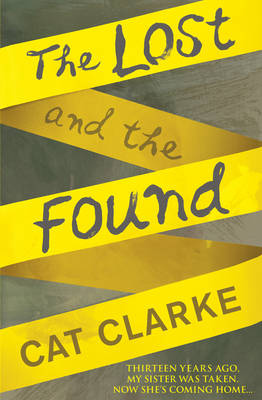
Cat Clarke has a reputation for harsh, bleak thrillers that have a talent for breaking reader’s hearts in two. The Lost and The Found is no exception to her gritty formula, focusing on a family absolutely torn apart by the loss of their daughter thirteen years ago. It has an emotional level to it that’s uncompromising and refuses to look at the world in terms of black and white, letting Faith, its main character, be angry, bitter and selfishly flawed in ways that are deep and understandable. It’s a powerful book that asks a lot of questions, and isn’t afraid to leave those questions unanswered.
Birdy by Jess Vallance
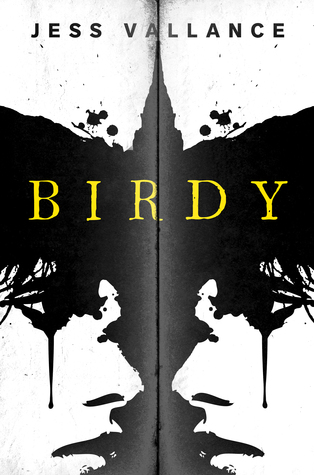
FRANCES BIRD IS MY BEST FRIEND. Birdy is a sinisterly dark, acid clever little thriller with so much of a skewed sense of unease. Hinging on an obsessive, out of control friendship and coming from a wonderfully unreliable narrator, it’s a slow burning novel that gradually unravels into a sprawling spider’s web of deception, paranoia and constantly escalating madness. It’s definitely not one for the faint of heart, but if you like a book that pulses with psychological trauma and emotional turmoil, then this is a fast paced gem for you. You awful person.
The Next Together by Lauren James
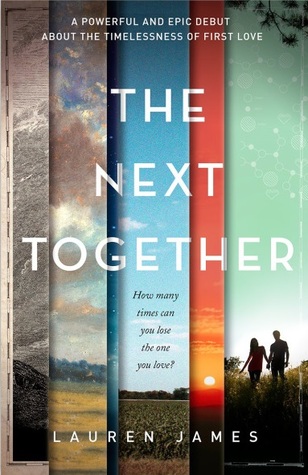
Lauren’s debut managed to do something that never normally happens for me – it managed to be a love story that I felt totally invested in! Her characters are witty and sweet, warm and utterly real, and she lets them be quirky and original, without falling into the usual gender stereotypes, and the use of time travel is clever, original and quite often fascinating – well researched and fully formed, and the way it skips between them creates a fresh, paced feel that keeps the plot hanging and pounding. Not to mention a fantastically mysterious open ended conclusion. I’m really looking forward to her next book in 2016!
The Wolf Wilder by Katherine Rundell
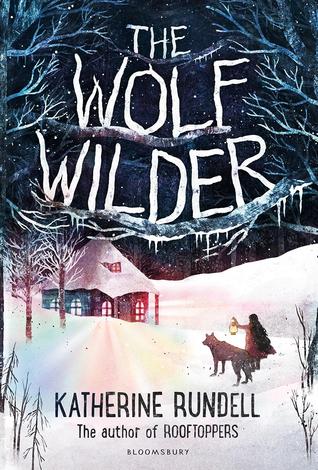
Rundell is the only non-YA title on my list, but it’s one I would urge people of all age to read. She’s got such a phenomenal talent with crafting words, like a true artist, she weaves them flawlessly and with passion and love. She refuses to talk down to her audience, and The Wolf Wilder is a captivating tale of wolves, snow and freedom, spearheaded by a wilful heroine who has more than a dash of Philip Pullman’s Lyra Belacqua about her. The wonderful words are beautifully accompanied by gorgeous inky illustrations that make this book the whole package – a children’s classic that we’ll have on bookshop shelves in fifty, maybe even a hundred years time.
The Lie Tree by Frances Hardinge
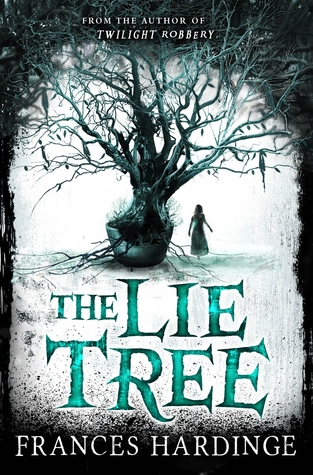
My first ever Hardinge book, and a darkly twisting novel that swirled with mystery and deception, all pulled along by a brilliantly bright, determined heroine trapped in a male-dominated society that really cuts into the reader. She has such a lyrical, haunting way with words that felt hypnotic and made me so intensely jealous, if I’m honest. She pulls in elements of weird fantasy into a windswept period world, creating a sense of unease and paranoia so tangible it practically drips from every page.
The Rest of Us Just Live Here by Patrick Ness
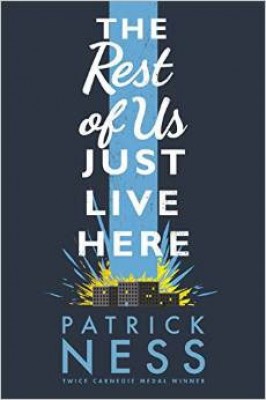
Yup. A Patrick Ness book came out, so OBVIOUSLY it’s on my list. It has to be. He’s managed to yet again create a perfect YA novel – tongue firmly in cheek and fully mocking standard tropes and stereotypes from a lot of mainstream Young Adult lit. It’s all done with love though, and it also manages to tell a heart-wrenching coming-of-age story that beautifully looks at the loss of innocence, mental health and the power of friendships and family. Ness manages to blend contemporary drama with weird science fiction vibes seamlessly, shot through with wry humour and a bizarre, charming sense of warmth and sadness. It’s also so wonderfully Buffy the Vampire Slayer.
All Of The Above by James Dawson
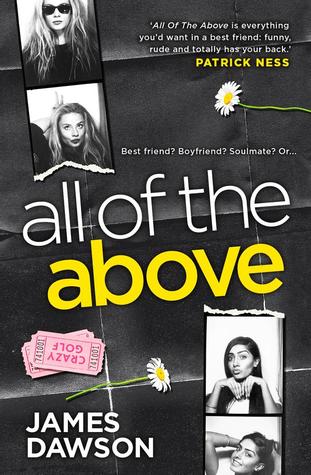
James Dawson has had two books out this year, and All of The Above was the author’s first foray into contemporary, and it’s totally astounding. Filled with chaotic, messy and brilliantly real characters with flaws and so much love, it managed to utterly break my heart and completely sucked me in, by allowing its teen characters to be rude and sexually diverse, shunning labels and focussing on emotions. The dialogue is hilarious and cuttingly witty, and the friendships are achingly beautiful, filled with fury and passion. It’s a triumph of a YA novel that doesn’t talk down to or patronise its audience in the slightest.
Remix by Non Pratt
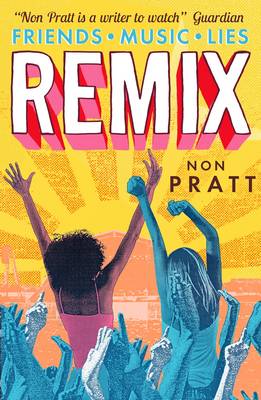
Non’s second book is yet another testament to the fact that she might well have one of the best narrative voices in YA. She manages to make her characters speak exactly how me and my friends always used to (and still do, for that fact), and she tackles some important issues that affect teenagers on a regular basis with stark honesty and superbly hilarious heart. Not to mention, Remix is all about Festivals and Music, something that is very very close to my heart, and the book includes some brilliant nostalgia, band nods and musical feelings that made me squeal with delight.
Unbecoming by Jenny Downham
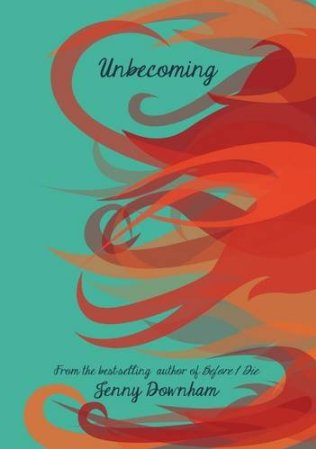
Jenny Downham novels don’t come along very often, but when they do, they’re really something special. Unbecoming is a huge mix of diversity, emotion and themes that should feel clunky and forced, but it simply flows and sings flawlessly. It’s a powerfully important book that touches on family and mental illness, as well as examining sexuality and race, all with respect and intelligence. It’s got so much heart and so much warmth to it.
The Accident Season by Moira Fowley-Doyle
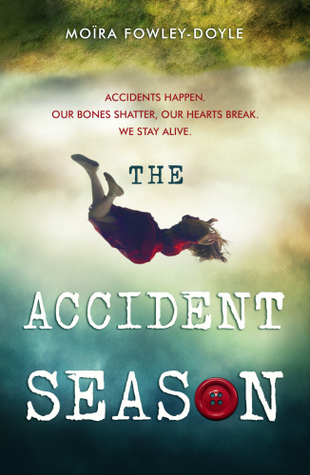
Easily one of the most original, haunting, captivating and twistingly brilliant YA novels this year, The Accident Season is an absolute powerhouse of a debut novel, one that uses language like wind and magic, to create an unsettling dreamlike atmosphere that sucks you in totally and completely. It’s filled with diverse, whirring characters (Bea will always hold a special place in my heart), and a dark, creeping mystery that has one foot in Fantasy and one in Contemporary Drama. It’s simply outstanding writing.
RIGHT! That’s your lot! This was one of the hardest Top 10 lists I’ve ever pulled together, because honestly YA publishing has been so unbelievably on fire this year! From debuts like The Sin Eater’s Daughter by Melinda Salisbury and Simon Vs. The Homo Sapiens Agenda by Becky Albertalli, to the latest instalments in some of my favourite series, like Lockwood & Co’s The Hollow Boy, or the final in Will Hill’s outstanding Department 19 horror series – I can only hope that 2016 builds on this year and delivers even more. Although I have NO IDEA when I’ll get them all read!
Thanks for Reading, and be wonderful to each other.
D for Darran/Dinosaur/Decepticon
